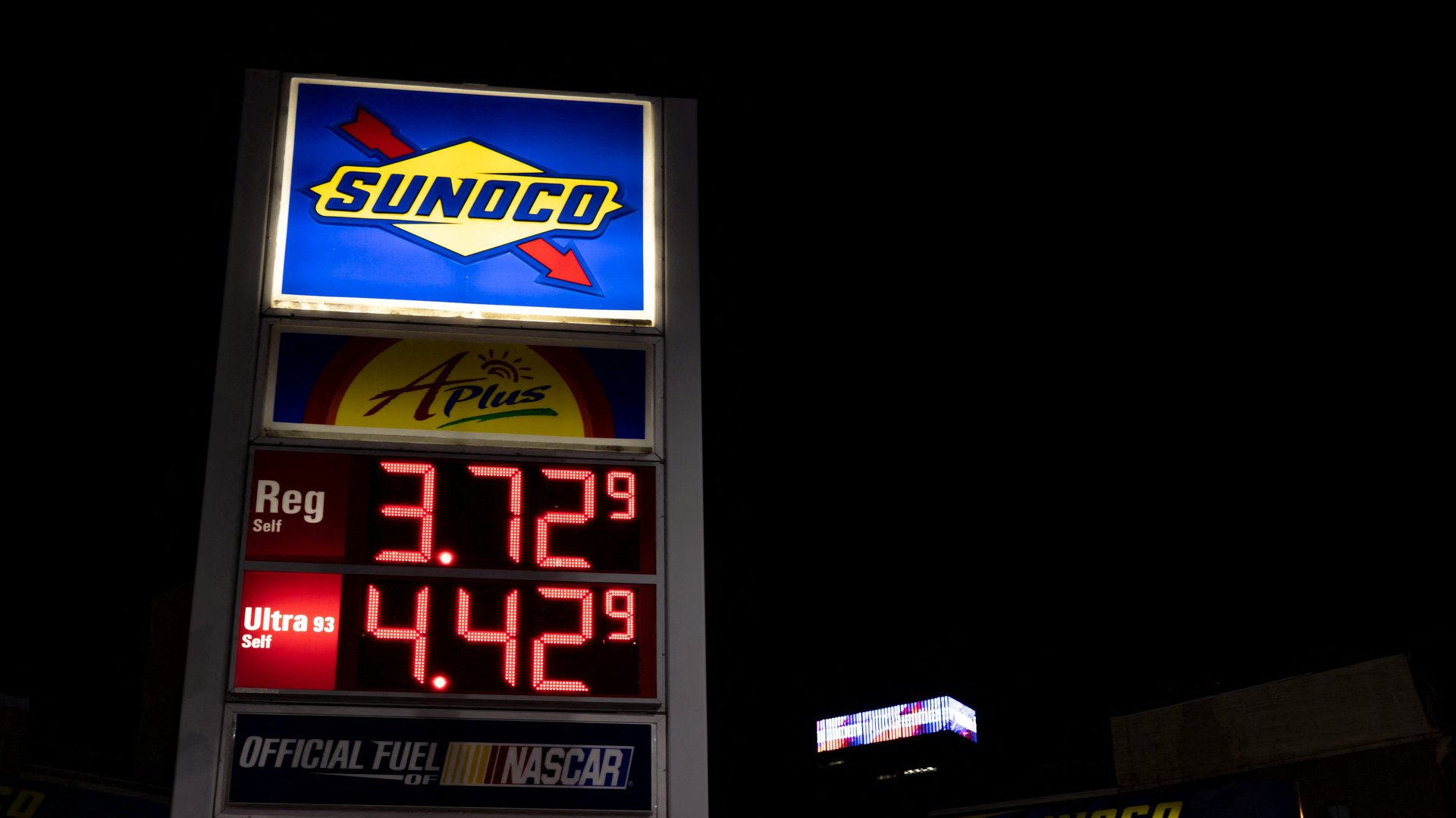How Russia’s Ukraine invasion will affect US gas prices
Russia’s invasion of Ukraine drove the global price of oil past $105 a barrel on Feb. 24. Expect gasoline prices to follow.


Russia’s invasion of Ukraine drove the global price of oil past $105 a barrel on Feb. 24. Expect gasoline prices to follow.
Russia is the world’s third largest producer of oil in the world, accounting for 10 million barrels of oil a day or about 10% of global production. Worries that the conflict—and sanctions imposed by the West—could upend that supply have driven oil prices to their highest levels in seven years.
“I’d expect it to be folded into gas prices pretty quickly,” said Brian Prest, an economist with Resources for the Future, a non-profit that does energy research. “The potential disruption of that source of supply on the international market is the bigger picture issue, especially in context of the big rebound in global oil demand amidst the broader economic recovery.”
US gas prices were already high in the US before Russia’s incursion as demand outstripped supply. They had been rising since pandemic lockdowns lifted in 2020, and on Thursday, the average price at the pump was $3.54 a gallon, more than 30% higher than at this time last year.
Biden promises relief from high gas prices
President Joe Biden acknowledged US sanctions, including on Russia’s largest banks, could drive up prices at the pump even higher.
“I know this is hard, and that Americans are already hurting,” he said. “I will do everything in my power to limit the pain the American people are feeling the gas pump…but this aggression cannot go unanswered.”
He also issued a warning to the oil and gas industry, telling companies not to “exploit this moment to hike prices to raise profits.”
One option for Biden is to release of oil from the Strategic Petroleum Reserve, but that is already at its lowest level in 20 years, currently holding about as much oil as Russia produces in 50 days.
To help Americans cope with inflation, Congress could also pass gas tax credits and subsidies, said Joseph Brusuelas, chief economist at the accounting firm RSM. So far, no policymakers have suggested subsidies.
The US’s predicament highlights its dependence on oil, and the need to accelerate the transition to renewable energy, said Brusuelas. “We can’t get to that all electric vehicle fleet quick enough,” he added.
Courtney Vinopal and Tim McDonnell contributed to this story.